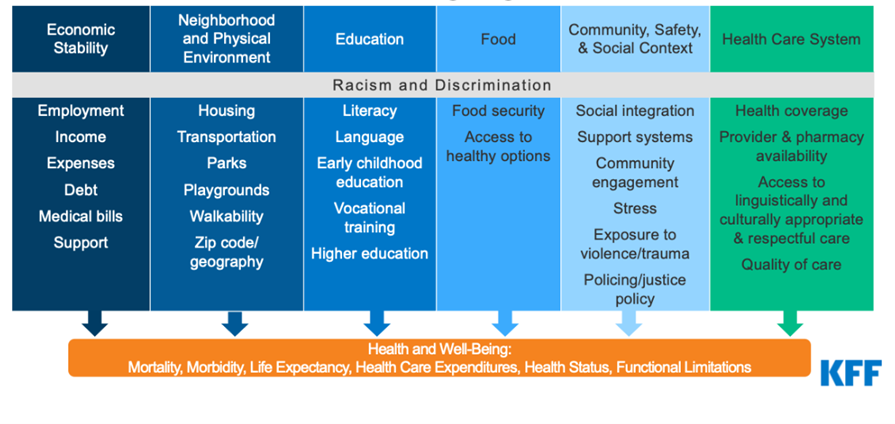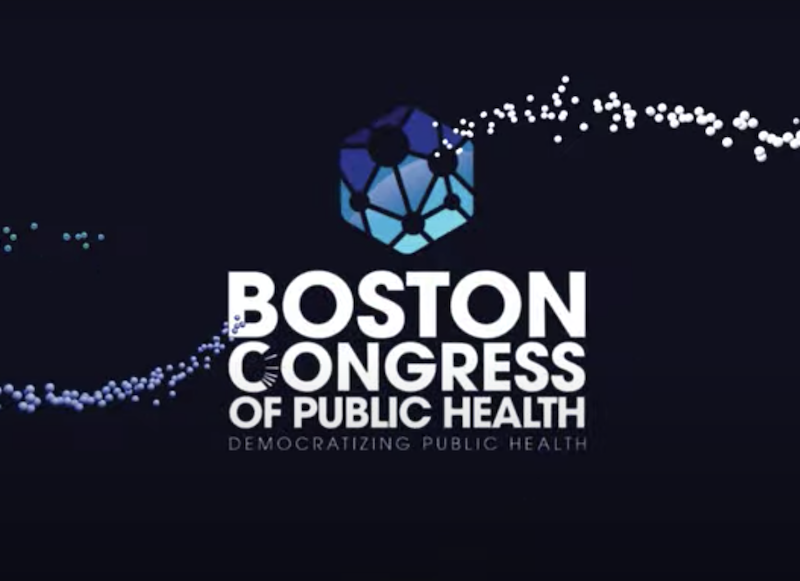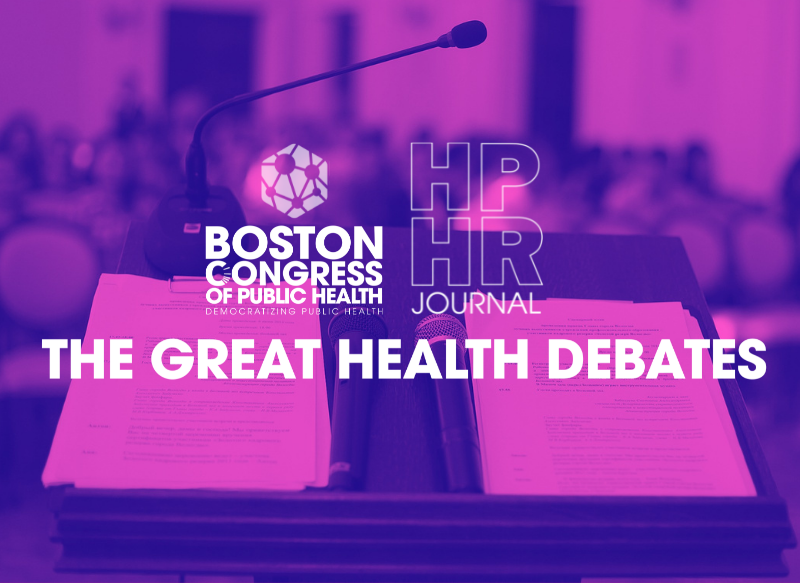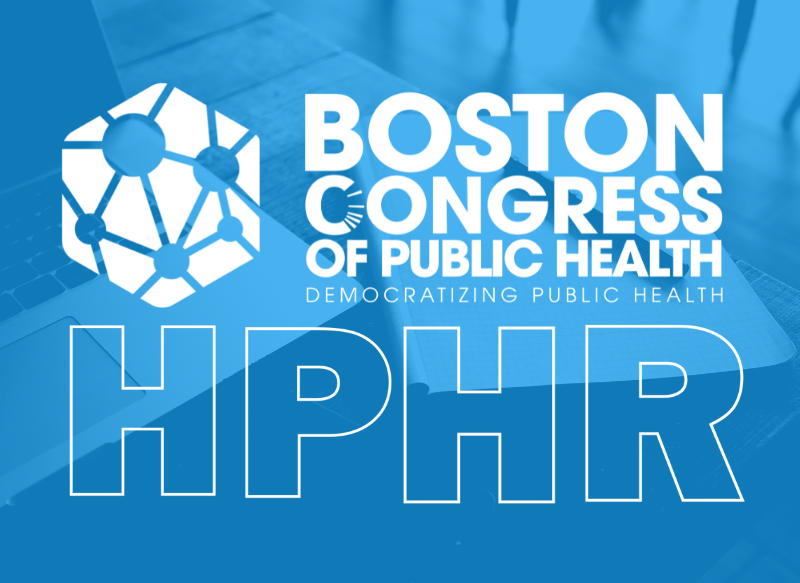Childbirth should not be a life-threatening experience. But for so many women around the world, especially those who look like me, it is.
I’ll never forget the first time I read Serena William’s story. “I almost died after giving birth to my daughter, Olympia,” she wrote.1 A 23-time Grand Slam champion, a world-famous superstar, arguably the G.O.A.T. of tennis, described – even with a fantastic medical team – fighting for her life in the aftermath of giving birth.
“It began with a pulmonary embolism, which is a condition in which one or more arteries in the lungs becomes blocked by a blood clot. Because of my medical history with this problem…I didn’t wait a second to alert the nurses. This sparked a slew of health complications that I am lucky to have survived.”2
William’s story is not unique.
More recently, Tori Bowie, an Olympic medalist who dazzled at the Rio Games, died due to childbirth complications. Found eight months pregnant and alone, the autopsy revealed that Bowie was likely in labor and suffering from respiratory distress and eclampsia, a severe complication of pre-eclampsia in which high blood pressure can cause seizures and lead to death for the mother and/or infant.3
Bowie’s story is not unique either.
And if this can happen to celebrities, this can happen to anyone.
Globally, nearly 300,000 women die annually due to pregnancy and childbirth-related complications.4 The majority of such deaths (95%) occur in low and middle-income countries, like Guinea, where Mariama, who shared her story of marrying at age 13, lives.5 However, high-income countries are not exempt. In fact, in the U.S., the rate of maternal mortality – when a mother dies due to a condition caused or exacerbated by pregnancy and childbirth – has increased from 20.1 deaths per 100,000 live births in 2019 to 32.9 deaths per 100,000 live births in 2021.6 What’s scarier – as Williams’ and Bowie’s stories point to – is the disparity among women of color. Black women in the U.S. are more than 2.6 times more likely than white women and 2.5 times more likely than Hispanic women to die from pregnancy and childbearing.7 Maternal mortality among American Indians and Alaskan Natives has also been increasing overtime.8 Sadly, disparities in global trends are also concerning; 70% of maternal deaths were in sub-Saharan Africa while 16% were in South Asia.9
More than 70% of deaths in pregnancy and childbirth are due to direct causes such as:
Additionally, nearly 1 in 4 maternal deaths occurs because of a complication from a health condition that a woman had before she became pregnant, such as Williams’ experience with pulmonary embolisms or a woman who has HIV/AIDS.11 Global health crises like COVID-19 are also linked to increasing maternal mortality.12
Access to quality, safe, and unbiased healthcare could prevent most deaths related to pregnancy and childbirth. Sadly, however, this is difficult for many women to obtain.
First, the World Health Organization (WHO) suggests preventing unintended pregnancies, especially among adolescents, whose make up a large proportion of those who die due to childbirth.13 Those not wanting to be pregnant, or for whom social stigma exists around their pregnancy, may be less likely or less able to access healthcare throughout pregnancy and childbirth, which can increase the risk of death.
Second, regular check-ups and monitoring of a woman during pregnancy can help to detect possible problems like high blood pressure or other existing health conditions early. The WHO has published guidelines on the range of antenatal care recommendations that can help women have a positive pregnancy.14
Third, birth and related services provided by trained professionals can help prevent maternal mortality. The WHO has created a safe pregnancy checklist that can be used even in lower-resourced settings and that has been proven to reduce maternal mortality in settings like Cameroon15 and Indonesia.16
It seems simple, and yet, as I previously wrote, there are “social determinants of health that are critical to understanding communities left behind.” These determinants can create disparities that lead to poorer health outcomes for women of color and their babies, complicating access to healthcare even in settings where it exists for some.17
Health disparities are driven by social and economic inequities that are rooted in historic and ongoing racism and discrimination

Image © Kaiser Family Foundation 2022
Whether differential access to health insurance coverage among different racial/ethnic or socioeconomic groups18, or differential access to quality health care– for example, Williams’ description of her nurse not listening to her ask for a particular treatment that ended up saving her life19– the disparities in maternal mortality are complex.
If we truly wish to unlock progress in health, especially for communities that are disproportionately affected by realities such as maternal mortality, we must address the structures that fail us. We can learn from stories like Williams’ and Bowie’s on ways we can individually arm ourselves with knowledge. We cannot unlock progress in health if we don’t have a community to support us in our journeys. We cannot unlock progress in health without systemic change that values all women, regardless of skin color or economic status, as worthy of the best care. And when that fails – and sadly, it will – we cannot unlock progress in health without the tools of self-advocacy.
The mission of the Boston Congress of Public Health Thought Leadership for Public Health Fellowship (BCPH Fellowship) seeks to:
It is guided by an overall vision to provide a platform, training, and support network for the next generation of public health thought leaders and public scholars to explore and grow their voice.





